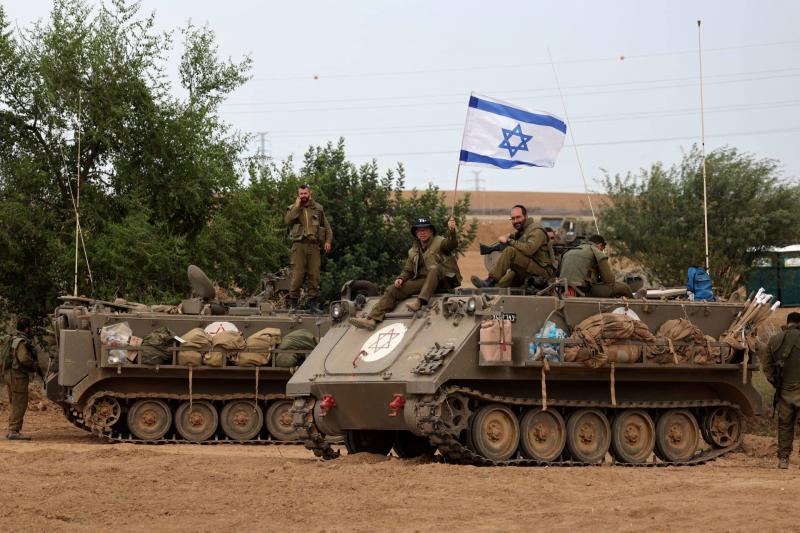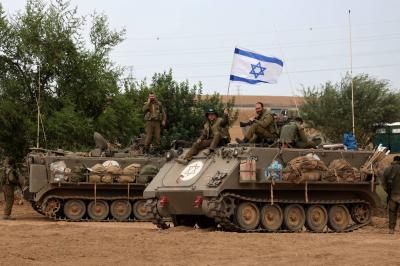The foreign ministers of Saudi Arabia and the United States announced that they are close to placing the "final touches" on a long-awaited security agreement, which is undoubtedly significant for both countries and impacts the region in various ways. Saudi Foreign Minister Prince Faisal bin Farhan said during his participation in the World Economic Forum held in Riyadh: "We are indeed close to finalizing bilateral agreements with the United States," adding, "Most of the work has already been completed. We have the outlines of what we believe should happen on the Palestinian front." The U.S. Secretary of State, Blinken, provided a similar response to the same question during the same conference, stating, "We have done intensive work over the past months, even before October 7. We want to focus on the Palestinian component in any agreement. I believe it is nearing completion."
Both responses included discussion of the "Palestinian component." This raises the question: are these "final touches" solely Saudi-American, or is the Palestinian issue central to them as well? The specifics of this matter are not yet clear.
What is evident now is that the entire region, in relation to the war on Gaza, is on the brink of "final touches" from multiple directions. Today, the Qatari mediator expressed impatience with both parties, Israel and Hamas. Egypt has returned to the forefront with a phone call between the U.S. president and his Egyptian counterpart. The United States is rushing to protect Israeli Prime Minister Netanyahu for fear of a condemnation decision against him from the International Criminal Court. Netanyahu, in turn, hints that there will be no truce if an international judicial decision is issued against him.
At the same time, Netanyahu remains "imprisoned" by the decision to invade Rafah or not, as if he is the one being besieged and not Hamas. An invasion of Rafah would complicate his international standing, and this state of stagnation without a settlement or truce threatens his far-right government coalition in Israel and his political future.
As for Hamas, its situation is no better than Netanyahu's. It is trying to get closer to the Palestinian Authority in hopes of polishing its image and remaining in power in Gaza in the future, while also openly discussing, and perhaps earnestly exploring, the issue of relocating from Qatar.
There is also clear Iranian silence since the Israeli strike on Isfahan in response to the nominal Iranian attack on Israel. Tehran's primary desire now focuses on ensuring that Israel does not strike Hezbollah and trying to secure a seat at the upcoming negotiation table. Consequently, the Houthis have reduced their attacks in the Red Sea, and Iran has restrained the Popular Mobilization Forces in Iraq, whose officials have affirmed through several statements the resilience of the announced truce by not targeting U.S. bases in the geographical area, specifically in Syria.
Thus, everything mentioned above indicates that the entire region is on the verge of placing the "final touches" against the backdrop of the war in Gaza, resulting either in an agreement that leads to some falling from the tree due to failing to descend safely, or others fleeing to the edge of the abyss, incurring significant costs. Of course, the humanitarian cost is the most important and the most expensive. Therefore, we are facing a phase of "final touches," and not all of it is negative.




